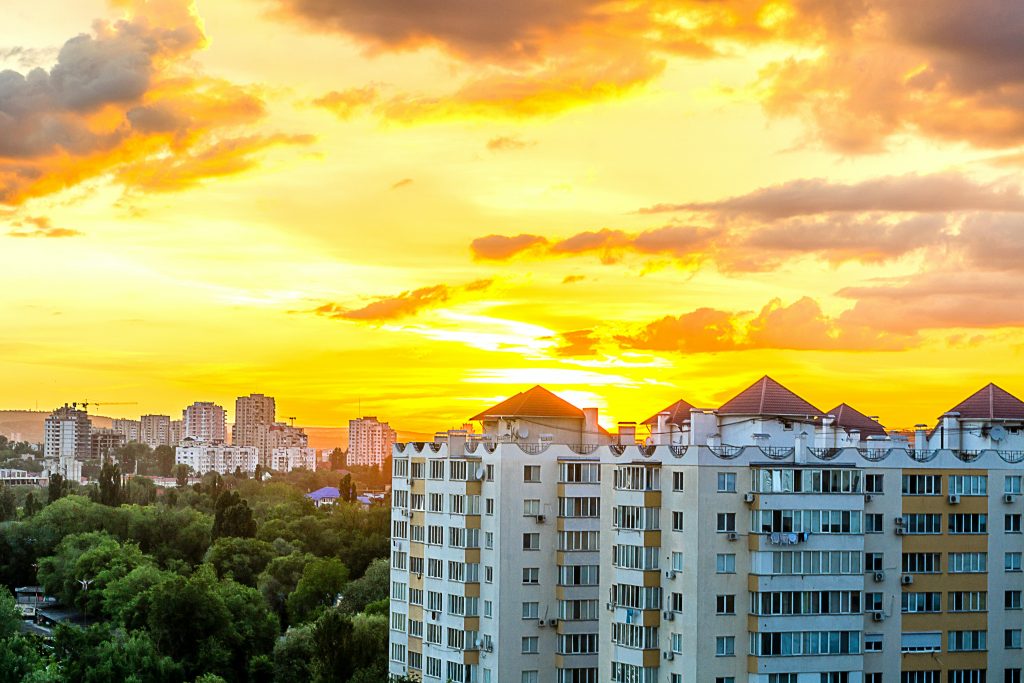
Have you re-evaluated your housing priorities after months of quarantine? Being a homeowner has a lot of advantages, from having greater control over your property to generating equity and ultimately profiting from growing house values. But it’s also one of the most significant financial investments you’ll ever make, and it’s not the best option in every circumstance. Read on for some essential questions to ponder as you explore this life-changing choice.
Are you actually in a position to purchase?
What’s at stake: If you overspend, you may find yourself unable to deal with a fiscal crisis or save it for other vital goals such as retirement. Furthermore, in today’s competitive buying market, an insufficient down payment or poor credit score may put you at a disadvantage when attempting to have an offer approved. What to think about: The following are important parts of your finances:
- Your earnings: It could not be the correct moment if you don’t have a steady, significant income.
- Your down payment will be: Keep in mind that you’ll need at least a 20% down payment to prevent paying for expensive mortgage insurance.
- Your credit score is as follows: You might not be able to get a good mortgage rate or even get approved for a loan if you don’t have good credit.
- Your other obligations include: Your total monthly loan payments should not exceed 36 percent of your pretax income, according to one rule of thumb. There may be less flexibility in your budget for mortgage payments if you have other debt.

Are you planning to remain for at minimum a few years?
These lectures are offered for informative purposes only. What’s at stake: You’ll have a slew of one-time costs when you buy, including broker fees, mortgage origination fees, and title insurance. The longer you stay there, the more opportunities you have to stretch out your expenditures and perhaps increase the value of your house. What to consider: Buying is unlikely to make financial sense if you want to remain for less than three years. Staying for fewer than two years might have tax implications because you won’t be eligible for a capital gains tax exclusion. This implies you’ll have to pay capital gains tax on the entire rise in the value of your house.
In your location, which gives greater value?
What’s at stake: You may believe that purchasing is a better deal, since it allows you to create equity in your house. However, because rents have declined in many regions and housing prices have increased, renting may be a better deal than you think. What to think about: Before you make any comparisons, be sure you’re comparing similar houses in the same area. Don’t compare renting a metropolitan studio to purchasing a country house if you are living in places like Dengkil.
Then you may compare the costs of renting and purchasing with: The price-to-rent ratio is as follows: Multiply a monthly rent figure by 12 to get an annual rent figure. Subtract the yearly rent from the purchase price of a comparable home. Renting is favoured when the ratio is larger than 20, whereas buying is favoured when the ratio is less than 20.